cross-posted from: https://kbin.social/m/13thFloor/t/513056
The Brooklyn SciFi Film Festival returns for 2023 with 135 films selected for screening October 9 through the 15th. SciFi fans from around the world are welcomed to join this one-of-a-kind event as all films will be made available online for streaming and rating through Brooklyn SciFi's Netflix style festival platform. This year we are proud to select the best films from independent filmmakers representing 26 countries, including first-time filmmakers and industry veterans alike. Classic SciFi themes of time travel, malevolent and friendly robots, clones, space travel, and aliens are well represented along with a renewed focus on A.I. appropriately including some of the festivals first A.I. generated content. U.F.O. fans are sure to enjoy several documentaries delving into extraterrestrial visitors including Accidental Truth - UFO Revelations narrated by actor Matthew Modine (Full Metal Jacket, Stranger Things).
"When the headlines are filled with stories of A.I., dystopian climate change, and UFOs, it's hard to deny we're living in a SciFi future. Let us be your guide." — Michael Brown, Executive Director - Brooklyn SciFi Film FestivalCategories include Live Action Short Films, Animation, Comedy SciFi, SciFi Documentary, Feature Films, Student Films and Young Filmmakers. The complete listing of selected films is available online at the BrooklynSciFiFilmFest.com website. The Brooklyn SciFi Film Festival is kicking off its fourth season this year on October 9th and will stream online through October 15th. There will be special events each night as well as watch parties, voting, panels, and the return of the 4th season of our curated film series The Sixth Borough featuring three outrages dystopian SciFi tales each episode. Think of it as the Black Mirror or Twilight Zone of independent SciFi. >
Online and In-Person Events
Events include a Best of Brooklyn screening of 12 Brooklyn-based SciFi short films at Stuart Cinema Cafe in Greenpoint, Brooklyn on October 11th. Animation Exploration night with a panel of 10 animators followed by an evening of films available online on October 12th, a 10th Anniversary online screening of the feature film Computer Chess by director Andrew Bujalski October 13th, and the Alamo Drafthouse Cinema in-theater event and after party in Brooklyn on On Saturday October 14th, where we will feature a program of select short films and announce awards in each category. Tickets are available on Eventbrite or from the Brooklyn SciFi website at brooklynscififilmfest.com.
Filmmakers will be recognized in the following categories:
Best Feature Film - Awarded to the best feature length entry selected by our committee.
Best Live Action Short Film - Awarded to the best live action (non-animated) short film (30 minutes or less) selected by our committee.
Best Animated Short Film - Awarded to the best animated (non-live action) short film (30 minutes or less) selected by our committee.
Best Comedy SciFi Short Film – Awarded to the best SciFi comedy short film across all ages and groups. >
Best Student Short Film - Awarded to filmmakers between the ages of 18 and 26, and currently attending a film program at a recognized college, university, or certificate program.
Best Young Filmmakers Award - Awarded to filmmakers under the age of 18, with recognition according to age and/or grade level (depending on number of entries).
Best In Brooklyn - Awarded to the best entry shot in Brooklyn or directed by a Brooklyn-based filmmaker.
Peoples Choice Award - Recognition to the film that receives the most viewer upvotes. Attendees of the festival cast votes for their favorite film to determine the winner.
More About the Brooklyn Scifi Film Festival
Born from a DIY spirit, the BSFFF is committed to being a place of inclusiveness. From its inception, the team behind the BSFFF knew they wanted to create an event that was open to anyone with the passion and determination to get their film made. “Unlike established festivals, which have acceptance rates that resemble the Ivy League, the Brooklyn SciFi Film Festival is a non-elitist home for indie filmmakers everywhere,” said Michael Brown, the co-founder and executive director of BSFFF. “It is, in that sense, the film festival for the people.”
Hat tip to @inkican for his post on @scifi that gave me the heads up on the festival.

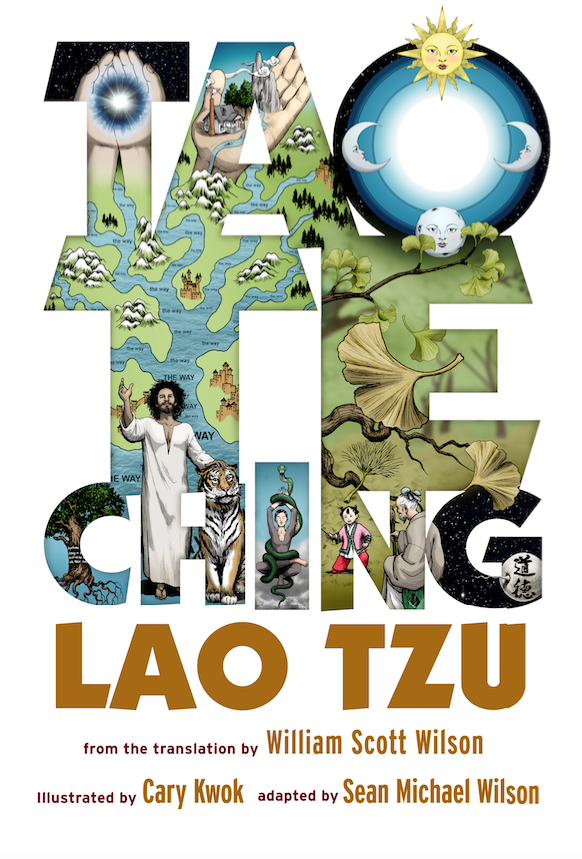
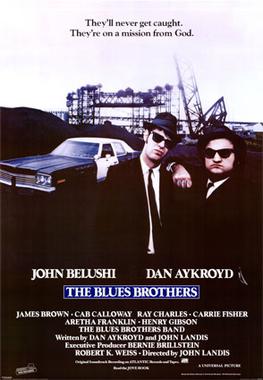
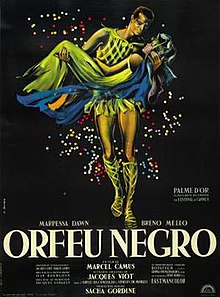
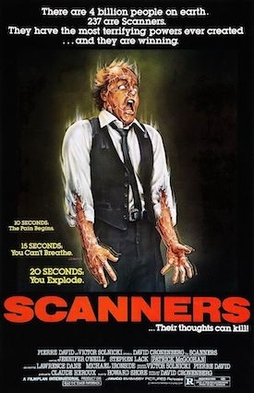
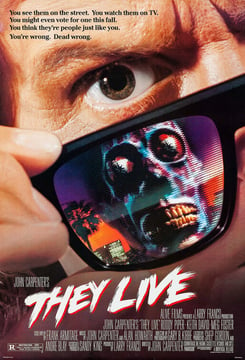
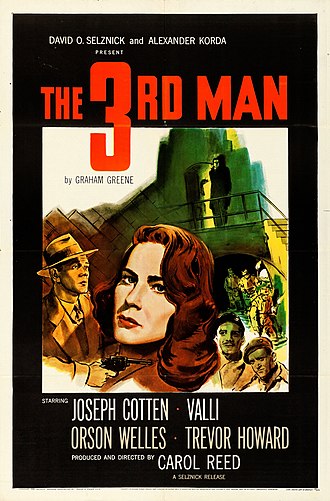
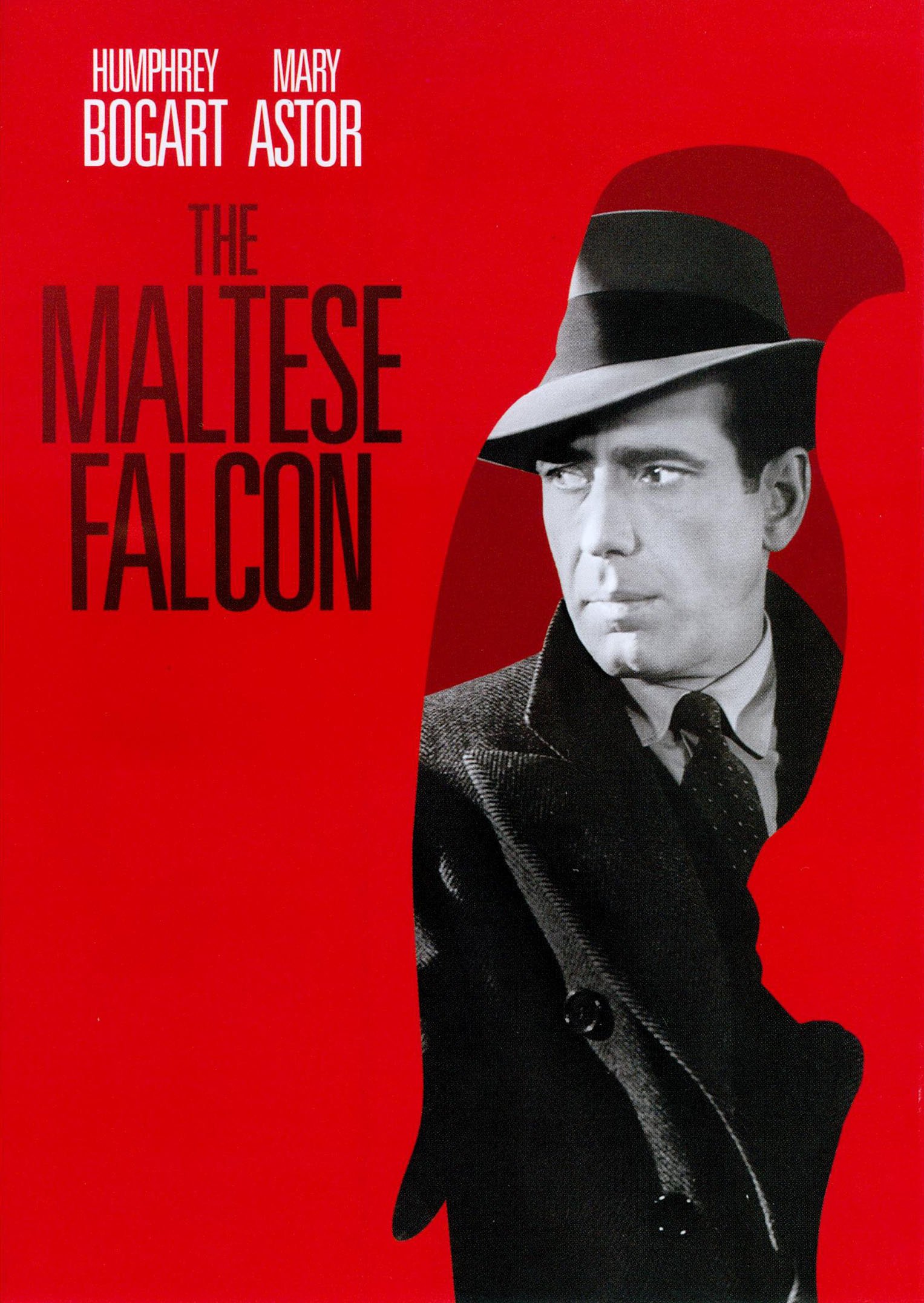
A happy synchronicity - had no idea that had been posted, but off to upvote @MC_Lovecraft@lemm.ee.